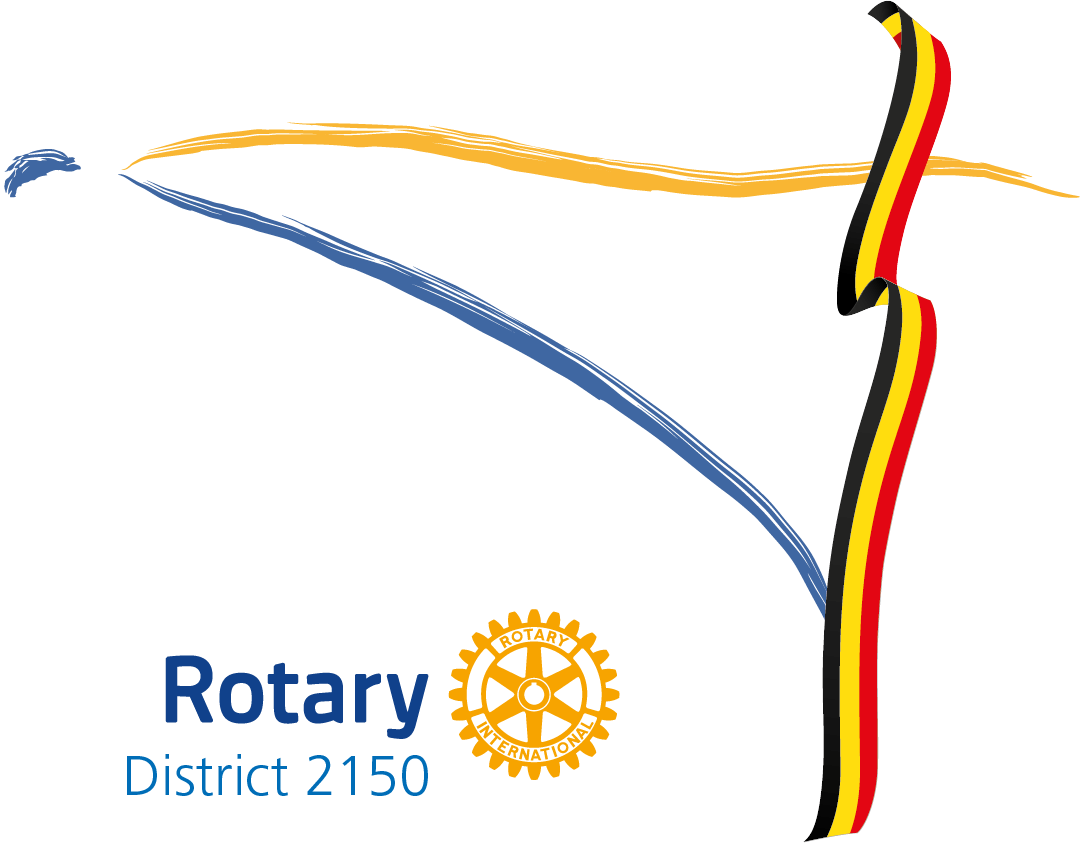Type I, also called Clitoridectomy: partial or total removal of the clitoris.
Type II, also called excision: partial or total removal of the clitoris and labia minora, with or without excision of the labia majora. The amount of tissue removed varies greatly from community to community.
Type III, also called infibulation: narrowing of the vaginal opening by creating a closure, achieved by cutting and repositioning the labia minora and/or labia majora. Infibulation can be performed with or without removal of the clitoris.
Type IV: all other harmful procedures performed on the female genitalia for non-therapeutic purposes, such as puncture, piercing, incision, scarification and cauterization.
Types I and II are the most common, but the situation varies depending on the country. Type III, infibulation, represents approximately 10% of FGM cases and is found mainly in Somalia, northern Sudan and Djibouti.
Their effects depend on several factors, such as the type of FGM practiced, the experience of the practitioners, the hygienic conditions in which the procedure is carried out, the resistance and the general state of health of the person who undergoes the procedure.
Complications can occur regardless of the type of FGM, but they are particularly common with infibulation.
Some complications may occur immediately: severe pain, shock, hemorrhage, tetanus or bacterial infection, urinary retention, genital ulceration and damage to adjacent tissues, wound infection, urinary tract infection, fever and sepsis. In cases of severe bleeding or infection, female genital mutilation can lead to death.
Long-term consequences include anemia, the formation of cysts and abscesses, the formation of keloid scars, damage to the urethra leading to urinary incontinence, dyspareunia (painful sexual intercourse), sexual dysfunction, hypersensitivity of the genital area, increased risk of HIV transmission and complications during childbirth, as well as psychological repercussions.
In general, FGM's are carried out by community elders (mainly, but not exclusively, women) appointed to carry out the procedure, or by traditional birth attendants.
In some communities, FGM's may be carried out by healers, male barbers, members of secret societies, herbalists, or sometimes by a female relative.
FGM can have lasting impacts on the women and girls who undergo it. The psychological stress felt by little girls who undergo FGM can cause behavioral problems which are closely linked to a loss of trust in those around them.
In the longer term, women can suffer from depression and anxiety.
Sexual dysfunction can also cause conflict within a couple or lead to divorce.
The RAG against Female Genital Mutilation is an initiative of the Rotary club Charleroi Val de Sambre

A Rotary Action Group or Amicale d’action is an independant international association affiliated to the Rotary International.
It includes Rotarians, Rotaractors, Peace Graduates and non-Rotarians from all over the world, who have an interest, some experience or expertise in the R.A.G.'s field of action.
The association helps local clubs and districts to set up large-scale projects in a particular area.
We all know and participate in R.A.G. fights. without knowing that these fights are in fact. The two most famous examples being the fights against polio and multiple sclerosis...
According to UNICEF, at least 200 million girls and women currently living in 30 countries in Africa, the Middle East and Asia have undergone some form of genital mutilation: clitoridectomy, excision or infibulation.
The age at which genital mutilation is performed varies. Recent reports indicate that the procedure is performed on girls aged between 0 and 15
Rotary Club partners on several continents
Rotarian and non-Rotarian members, medical experts and volunteers offer their help and expertise.
A Rotary Action Group

At the RAG's initiative, the club supports and guides you in all the local projects you wish to carry out.
Visit the Website : www.rcvds.be

Supported by its International Action Committee to facilitate contacts and Grant applications initiated around the world.

Supports RAGs around the world:
For more information on Rotary and RAGs, visit the website:
Beyond the medical aspect, it is also necessary to combat social and cultural dimensions.
It is important to emphasize the fact that a mutilated woman is often hidden, especially in cases of rape.
She subsequently needs to be reintegrated into her community.
We can help by supporting you through :
Contact us :
We can help you :
Female genital mutilation is a violation of the fundamental rights of girls and women.
Unicef
If you would like to help us, contribute with your expertise or simply become a donor member, please register using the contact form at the bottom of the page.
We will be in touch with you shortly.
If you would like to sponsor our actions or help us financially, click on the button below.
Free amount on the account
IBAN :: BE12 7320 7272 5092
BIC :: CREG BE BB
If you need help, don't hesitate to contact RAGAFEGEM. We are here to provide you with the support you need to overcome this difficult ordeal and to begin the healing process.
What is female genital mutilation (FGM)?
Female genital mutilation is a traditional practice that can have serious consequences for women's health. If you have been affected by this, RAGAFEGEM is here to support you. We understand the complexity of this situation and are ready to help.
Why is female genital mutilation performed?
Cultural or social reasons can sometimes lead to FGM. If you find yourself in this situation, RAGAFEGEM is here to offer you a space where you can be listened to and supported. We are here to help you understand your rights and accompany you during this difficult journey.
What are the health risks associated with female genital mutilation?
There are many physical and psychological health risks. If you have undergone FGM, RAGAFEGEM can provide you with information on appropriate medical care, emotional support and options for reconstruction.
Contact us to find out more.
Is it possible to repair the damage caused by female genital mutilation?
Genital reconstruction surgery may be an option, but it is important to get expert advice. RAGAFEGEM can guide you to find qualified health professionals and provide support throughout the healing process.
How can I get help or support if I have undergone female genital mutilation?
If you are a victim of FGM, RAGAFEGEM is there for you. We offer confidential support, educational resources and advice tailored to your situation. Contact us to discuss your needs and begin your healing journey.
How can RAGAFEGEM help me in my situation?
RAGAFEGEM is committed to providing comprehensive assistance to women affected by female genital mutilation. We provide information, medical services, psychological support and resources to help you overcome the consequences of FGM. Contact us for personalised help.
If you would like to get in touch with us, please use the contact form below